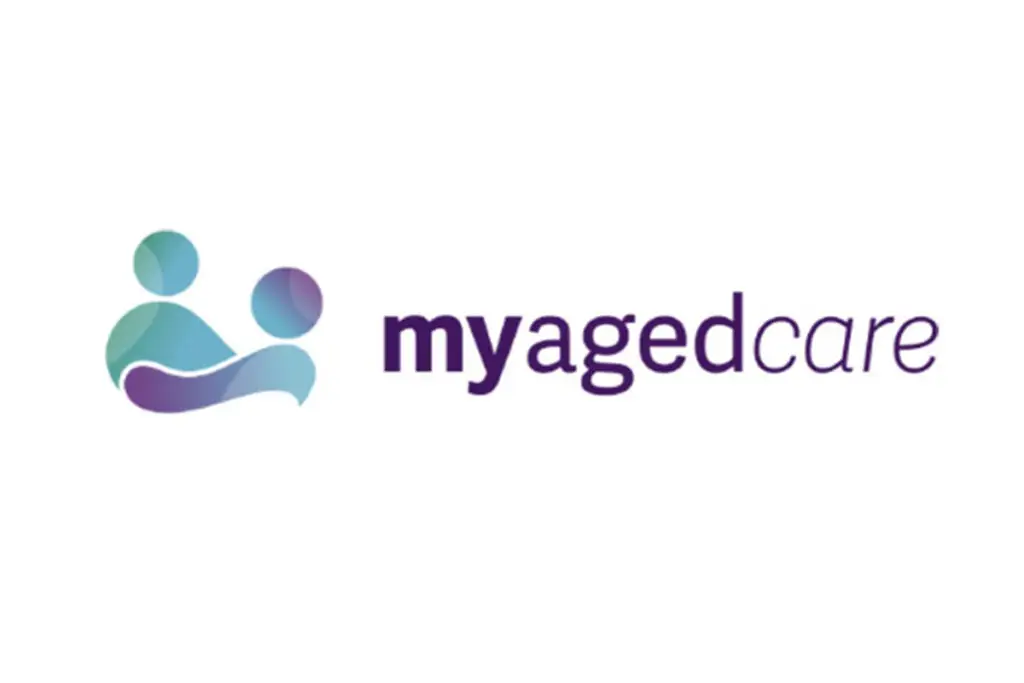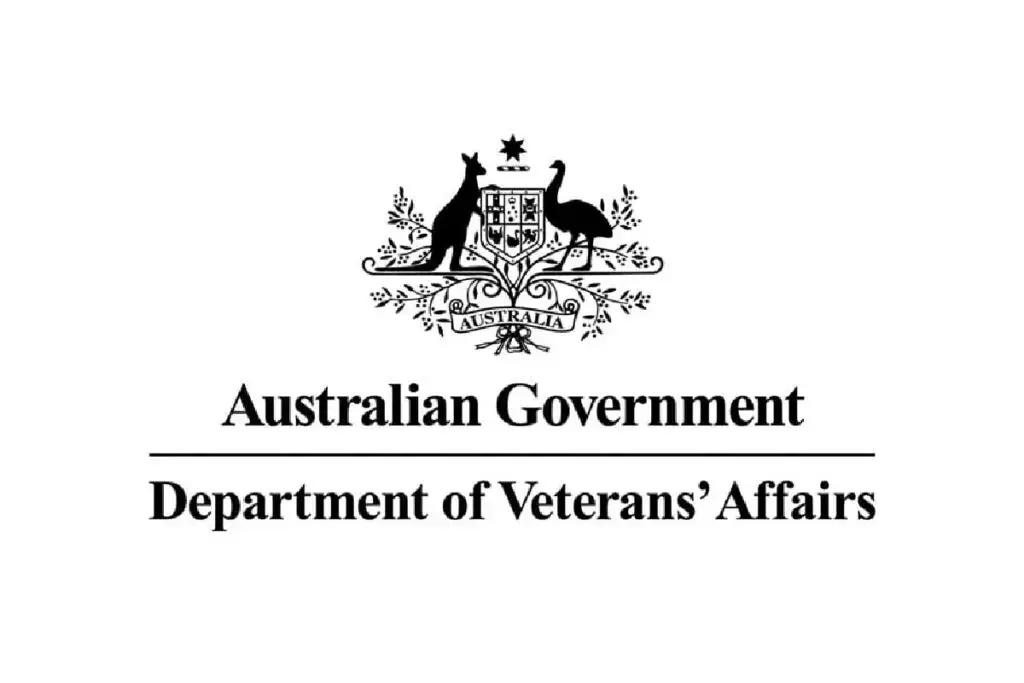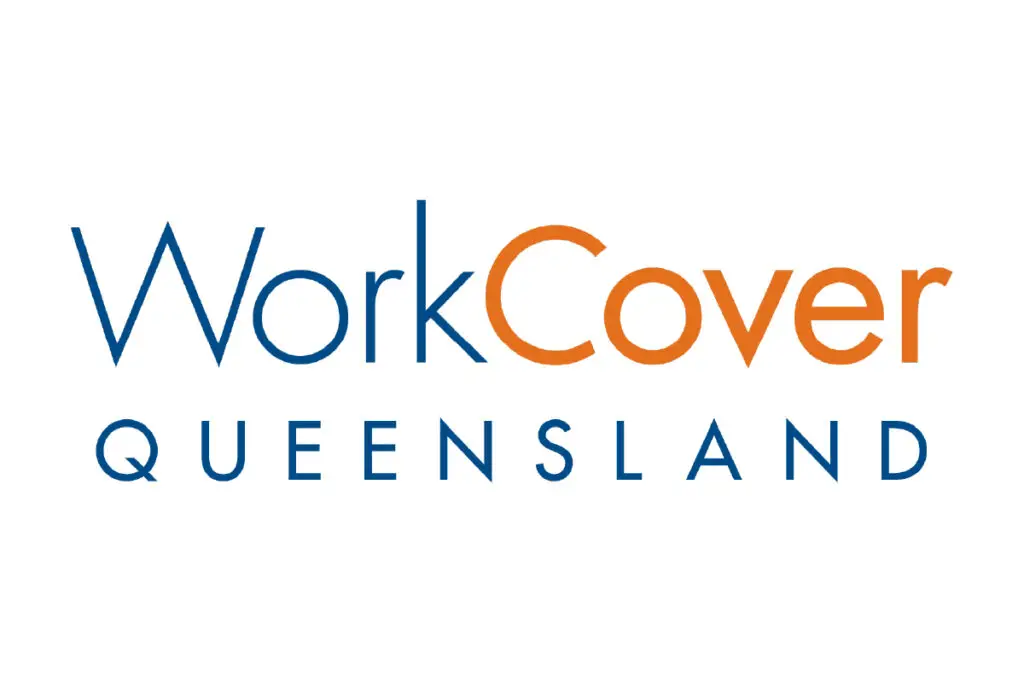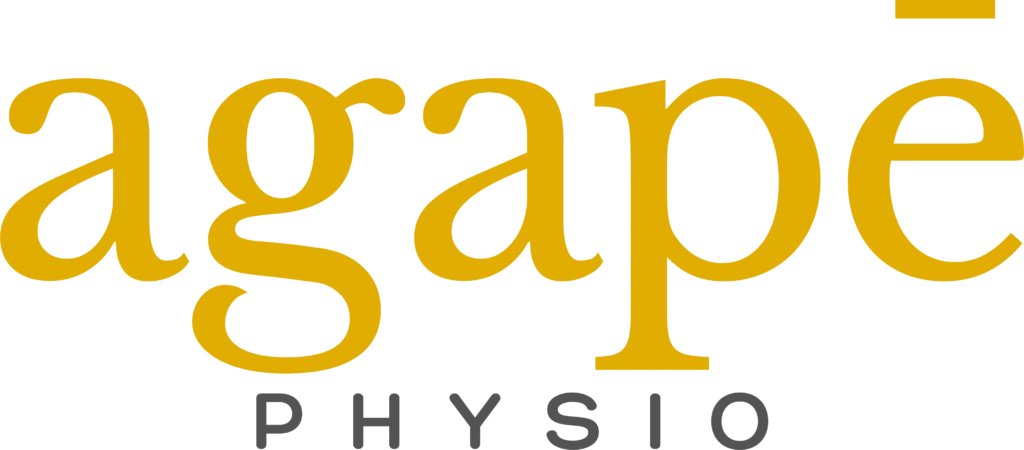Family Looking After Family
At Agape Physiotherapy, we pride ourselves on a healthcare model that truly takes care of you.
From beginning to end, our main focus is supporting you from reactive healthcare to a proactive healthcare model. It all starts with a thorough assessment and diagnosis. From there, we can direct treatment appropriately, providing the best care and getting you the results that you want.
There are 5 elements of care that we believe need to be emphasised...
Listening
It all starts by listening to you – your frustrations, your pains and your goals.
In-depth Assessment
To obtain the most accurate diagnosis.
Education
Teaching you all about your condition and the best line of treatment for you.
Rehab & Recovery
Working together to get you better.
Achieving your Goals
So you can live for the moments that matter.
Book a Complimentary 15-minute Video Consultation
Being faced with an injury or being told by a health practitioner to undergo a particular treatment can be quite daunting. That’s why we are here to help you.
You can book a 15-minute video consult to ask your trusted health practitioners any questions.
No judgement, no strings attached and most importantly, no fees!
Hear from Our Community
How we can help
Ankle and Foot Conditions
Achilles tendinitis or tendinopathy is a common condition that affects the Achilles tendon, the large tendon that connects the calf muscles to the heel bone. This condition is often found in runners and athletes who engage in jumping sports, but it can also occur in individuals who are less active. Here's a breakdown of what Achilles tendinitis or tendinopathy is, the symptoms patients may experience, and how physiotherapy can help.
Ankle sprains are one of the most common musculoskeletal injuries, occurring when one or more of the ligaments in the ankle is stretched or torn. This typically happens when the foot is twisted or rolled, often during physical activity but also in everyday accidents. Here's an overview of ankle sprains, the symptoms they may present, and how physiotherapy can help in the recovery and prevention of future sprains.
Plantar fasciopathy, commonly known as plantar fasciitis, is a condition that results from inflammation or degeneration of the plantar fascia, a thick band of tissue that runs along the bottom of the foot and connects the heel bone to the toes. It's a prevalent cause of heel pain, particularly among runners, overweight individuals, and those whose activities place a lot of stress on the heel and attached tissue. Here's an overview of plantar fasciopathy, the symptoms it may cause, and how physiotherapy can assist in managing and treating the condition.
Ankle or leg stress fractures are small cracks in the bones, typically resulting from overuse or repetitive force, often seen in athletes who participate in running and jumping sports. Unlike acute fractures that occur due to a sudden injury, stress fractures develop gradually due to repetitive stress on the bones. Here's a detailed explanation of stress fractures in the ankle or leg, the symptoms they may cause, and how physiotherapy can assist in the healing process.
Back Pain and Injuries
Disc herniation occurs when the cushioning discs between vertebrae protrude, causing pain and nerve compression. Learn about its symptoms and treatment options, including physical therapy and surgical interventions.
Sciatica is characterised by pain radiating along the sciatic nerve from the lower back to the leg. Understand its causes and effective treatments, including stretches and pain management strategies.
Spinal stenosis is the narrowing of spaces in the spine, putting pressure on nerves. Learn about its impact on mobility and treatment options, from conservative therapies to surgery.
Physiotherapy aims to empower patients with spondylolisthesis to manage their symptoms effectively and maintain an active lifestyle while minimising the risk of further injury. With a focus on education, strength, flexibility, and pain management, patients can achieve significant improvements in their quality of life.
Neck Pain and Injuries
Cervical radiculopathy is a condition where a nerve in the neck is compressed, causing pain and numbness. Explore its symptoms and treatments, including physical therapy and surgical options.
Early intervention is crucial for whiplash injuries to reduce the risk of chronic neck pain and other long-term complications. With a tailored physiotherapy program, patients can effectively manage their symptoms and promote a quicker recovery
Shoulder Pain and Injuries
Frozen shoulder is a condition causing stiffness and pain in the shoulder joint. Learn about its stages and therapeutic exercises for mobility restoration.
Rotator cuff injuries involve tears or inflammation of the shoulder tendons, causing pain and weakness. Understand their causes and rehabilitation exercises for shoulder strength and flexibility.
Shoulder bursitis is inflammation of the bursa in the shoulder, causing pain and limited movement. Explore its symptoms and treatments, including rest, ice, and physical therapy.
Shoulder dislocation and subluxation occur when the upper arm bone pops out of the shoulder socket. Understand their causes, treatment, and rehabilitation for shoulder stability.
Elbow, Wrist and Hand Conditions
Carpal tunnel syndrome is caused by compression of the median nerve in the wrist, leading to numbness and pain. Understand its causes and ergonomic adjustments to alleviate symptoms.
De Quervain's tenosynovitis is inflammation of the tendons in the thumb, causing pain and swelling. Learn about its symptoms and effective treatments, including splinting and therapy.
Golfer's elbow is a condition causing pain on the inner side of the elbow due to overuse. Explore its symptoms and rehabilitation exercises for a strong recovery.
Tennis elbow is a painful condition affecting the outer elbow due to repetitive strain. Learn about its causes and effective treatment options for pain relief.
Trigger finger is a condition where a finger gets stuck in a bent position due to inflamed tendons. Explore its symptoms and non-surgical treatments, including splinting and steroid injections.
Hip Pain and Injuries
FAI is a condition where extra bone growth causes hip joint friction, leading to pain and damage. Explore its causes and treatments, including arthroscopic surgery and physical therapy.
Hip bursitis is inflammation of the bursa in the hip, causing pain and limited movement. Learn about its symptoms and management strategies, including rest, ice, and physical therapy.
Hip osteoarthritis is the degeneration of joint cartilage, leading to pain and stiffness. Explore its symptoms and conservative and surgical treatments for pain relief.
Labral tears in the hip or shoulder involve damage to the ring of cartilage around the joint. Understand their symptoms and surgical and non-surgical treatment options.
Piriformis syndrome occurs when the piriformis muscle irritates the sciatic nerve, causing pain. Understand its symptoms and exercises to relieve pain and prevent recurrence.
Knee Pain and Injuries
ACL injuries involve tears of the ligament stabilising the knee, often from sports. Understand their causes and recovery protocols, including surgical options and rehabilitation exercises.
Iliotibial Band Syndrome (ITBS) is a common overuse injury, particularly among runners, cyclists, and athletes who engage in activities that require repetitive knee bending. The iliotibial band (ITB) is a thick band of fibrous tissue that runs down the outside of the thigh from the hip to the shin. ITBS occurs when this band becomes tight or inflamed, leading to pain on the outer side of the knee. Here's a closer look at ITB syndrome, the symptoms patients may experience, and how physiotherapy can help.
Knee osteoarthritis is the degeneration of joint cartilage, leading to pain and stiffness. Learn about its progression and treatment options, including medication and joint replacement.
Meniscal tears involve damage to the cartilage in the knee, causing pain and swelling. Explore their symptoms and treatment options, including arthroscopic surgery and physical therapy.
PFPS is a condition causing pain around the kneecap due to improper movement. Learn about its symptoms and rehabilitation exercises for knee stability and pain relief.
Muscle and Tendon Injuries
Muscle strains, also known as pulled muscles, occur when muscle fibres are overstretched or torn. This injury often happens during physical activity, when a muscle is forcefully stretched beyond its limits or subjected to sudden, excessive force. Muscle strains can range from mild discomfort to severe injuries that limit mobility. Here's an overview of muscle strains, the symptoms they may present, and how physiotherapy can aid in recovery.
Tendinopathy, often used interchangeably with tendinitis, refers to a broad term encompassing both inflammation (tendinitis) and micro-tears (tendinosis) in the tendons, which are the thick fibrous cords that attach muscles to bones. Tendinopathy typically results from overuse, leading to pain and decreased function in the affected area. Common sites include the Achilles tendon, patellar tendon, rotator cuff, and the tendons around the elbow and wrist. Here's a detailed overview of tendinopathy, the symptoms patients might experience, and how physiotherapy can help in managing and treating the condition.
Arthritis and Joint Conditions
Rheumatoid Arthritis (RA) is a chronic autoimmune condition characterized by inflammation of the joints, leading to pain, swelling, stiffness, and, over time, potential loss of function and joint deformity. Unlike osteoarthritis, which is due to wear and tear of the joints, RA involves the body's immune system mistakenly attacking the joint linings. It can affect multiple joints and various other systems in the body. Here's an overview of Rheumatoid Arthritis, the symptoms patients may experience, and how physiotherapy can help manage the condition.
Women's Health
Abdominal separation, also known as Rectus Diastasis or DRAMS, occurs when the large abdominal muscles separate along the midline of the stomach, commonly during and after pregnancy due to muscle stretching. Symptoms include a noticeable gap in the abdomen, lower back pain, and weakened core muscles. Our clinic offers specialised physiotherapy treatments including personalised exercise programs, Pilates, manual therapy, and ongoing support to aid recovery and restore muscle function.
Bladder dysfunction includes urinary incontinence and overactive bladder, impacting daily activities and quality of life. Symptoms include urgency and leakage. Our clinic offers specialised physiotherapy treatments including pelvic floor rehabilitation, bladder training, biofeedback therapy, manual therapy, diet and lifestyle advice, and education to manage symptoms and improve bladder health.
Bowel dysfunction encompasses issues like constipation and fecal incontinence, affecting daily life and causing discomfort. Symptoms include abdominal pain and difficulty controlling bowel movements. We offer specialised physiotherapy treatments including pelvic floor rehabilitation, biofeedback therapy, manual therapy, diet and lifestyle advice, behavioural strategies, and education to manage symptoms and improve bowel health.
Caesarean or perineal scars from childbirth can lead to discomfort and restricted movement if not properly managed. Symptoms include tenderness, tightness, and emotional distress. We offer specialised physiotherapy treatments including scar massage, stretching exercises, pain management strategies, and emotional support to promote healing and improve physical and emotional well-being.
Exercise during pregnancy offers numerous benefits but requires safety considerations. Symptoms during pregnancy include physical changes and potential discomfort. Our clinic provides specialised guidance on safe exercise routines, personalised exercise programs, pelvic floor exercises, postural education, breathing techniques, monitoring, and education on warning signs to ensure a safe and beneficial exercise experience during pregnancy.
Incontinence involves involuntary urine leakage, affecting individuals of all ages. Types include stress, urge, and overflow incontinence, each causing embarrassment and impacting daily life. Our clinic provides specialised physiotherapy treatments such as pelvic floor exercises, bladder training, biofeedback, and lifestyle advice to manage and improve bladder control, enhancing overall quality of life.
Mastitis, inflammation of breast tissue often due to breastfeeding, causes pain and flu-like symptoms. Symptoms include breast swelling, redness, and fever. Our clinic provides specialised physiotherapy treatments such as therapeutic ultrasound, gentle massage, heat and cold therapy, breastfeeding support, and self-care education to alleviate symptoms and support breastfeeding.
Pelvic floor issues can arise from muscles being either too weak or too tight, affecting bladder, uterus, and bowel control. Symptoms vary from urinary incontinence to pelvic pain. We provide comprehensive pelvic floor physiotherapy, offering personalised exercise programs, biofeedback, manual therapy, and lifestyle advice to enhance muscle function and improve quality of life.
Pelvic Girdle Instability (PGI) involves inadequate pelvic joint stability, causing pain and weakness. Symptoms include pelvic pain, difficulty with mobility, and instability during activities. We provide specialised physiotherapy treatments including stabilisation exercises, manual therapy, postural advice, supportive devices, and pain management strategies to enhance stability and improve quality of life.
Pelvic Girdle Pain (PGP) causes discomfort around the pelvis, particularly during pregnancy or due to trauma. Symptoms include pain in the pelvic area, hips, and lower back, affecting daily activities. Our clinic offers personalised physiotherapy treatments such as tailored exercises, manual therapy, postural advice, and pain management techniques to alleviate pain and improve mobility.
Pelvic support dysfunction, or pelvic organ prolapse, involves pelvic organs descending from their normal position, causing discomfort. Symptoms include pelvic pressure and urinary difficulties. We provide specialised physiotherapy treatments including pelvic floor rehabilitation, manual therapy, education on posture and supportive devices, and pain management strategies to improve pelvic support and quality of life.
Post-Operative Women's Health Rehabilitation focuses on recovery after surgeries like hysterectomy or caesarean section. Symptoms include pain, swelling, and reduced mobility. Our clinic offers tailored physiotherapy programs including exercise routines, pain management techniques, scar management, pelvic floor rehabilitation, and emotional support to aid recovery and restore function.
Sports Injuries
Concussion is a type of traumatic brain injury (TBI) caused by a bump, blow, or jolt to the head, or by a hit to the body that causes the head and brain to move rapidly back and forth. This sudden movement can cause the brain to bounce around or twist in the skull, creating chemical changes in the brain and sometimes stretching and damaging brain cells. Concussions are serious injuries that can affect how the brain works and require proper management for recovery. Here’s an overview of concussions, the symptoms patients may experience, and how physiotherapy can help in the recovery process.
Post-Surgical Rehabilitation
The goal of rehab is to reduce pain, improve mobility, and help patients return to their normal daily activities as safely and effectively as possible. Here's an overview of the rehabilitation process following joint replacement surgery.
The type of spinal surgery (e.g., discectomy, laminectomy, spinal fusion, etc.) and the specific spinal level(s) involved dictate the rehabilitation approach. Here's a general overview of the rehabilitation process following spinal surgery.
Chronic Pain Management
Chronic Fatigue Syndrome (CFS), also known as Myalgic Encephalomyelitis (ME), is a complex, long-term illness characterised by extreme fatigue that isn't improved by rest and can be worsened by physical or mental activity. Its cause is not fully understood, and there is no single test to diagnose CFS, making it a challenging condition to manage. Here's an overview of Chronic Fatigue Syndrome, the symptoms patients may experience, and how physiotherapy can help manage the condition.
Fibromyalgia is a chronic condition characterised by widespread musculoskeletal pain accompanied by fatigue, sleep, memory, and mood issues. It is believed to amplify painful sensations by affecting the way the brain processes pain signals. The exact cause of fibromyalgia is unknown, but it's thought to involve a combination of genetic, neurobiological, and environmental factors. Here's an overview of fibromyalgia, the symptoms patients may experience, and how physiotherapy can help manage the condition.
Pediatric Conditions
Cerebral Palsy (CP) is a group of permanent movement disorders that appear in early childhood. It is caused by abnormal development or damage to the parts of the brain that control movement, balance, and posture. Symptoms vary widely among individuals, affecting body movement, muscle coordination, muscle tone, reflex, posture, and balance. Although cerebral palsy is a lifelong condition, physiotherapy can play a crucial role in improving the quality of life for those with CP. Here's an overview of cerebral palsy, the symptoms patients may experience, and how physiotherapy can help.
Muscular Dystrophy (MD) refers to a group of inherited genetic conditions that gradually weaken the body's muscles. The weakening is due to the lack of a protein called dystrophin, which is necessary for healthy muscle function. There are several types of muscular dystrophy, with Duchenne muscular dystrophy (DMD) being the most common in children and myotonic dystrophy being the most common in adults. The progression and severity of the disease can vary widely depending on the type of muscular dystrophy. Here's an overview of muscular dystrophy, the symptoms patients may experience, and how physiotherapy can help manage the condition.
Scoliosis is a condition characterized by an abnormal lateral curvature of the spine. It can affect people of any age, but it most commonly develops in children and adolescents during growth spurts. The curvature can vary in severity and can be C-shaped or S-shaped. Depending on the degree of the curve and the age of the patient, scoliosis can be managed in various ways, including observation, bracing, and surgery. Here's an overview of scoliosis, the symptoms patients may experience, and how physiotherapy can help manage the condition.
Balance and Gait Disorders
BPPV is one of the most common causes of vertigo — the sudden sensation that you're spinning or that the inside of your head is spinning. BPPV causes brief episodes of mild to intense dizziness, typically triggered by specific changes in the position of your head. This might occur when you tip your head up or down, when you lie down, or when you turn over or sit up in bed. Despite its unsettling nature, BPPV is usually not serious except when it increases the risk of falls. Here's an overview of BPPV, the symptoms patients may experience, and how physiotherapy can help.
Falls prevention is a critical aspect of healthcare, particularly for older adults and individuals with conditions that affect their balance, strength, or mobility. Falls can lead to serious injuries, such as fractures or head injuries, and can significantly impact an individual's independence and quality of life. A comprehensive falls prevention strategy involves assessing risk factors and implementing interventions to reduce these risks. Here's an overview of fall prevention and how various approaches, including physiotherapy, can help.
Cervicogenic dizziness is a condition where dizziness and associated symptoms are believed to originate from a dysfunction in the cervical spine (the neck). It is often characterized by a sensation of disequilibrium or imbalance without the spinning sensation associated with vertigo. Cervicogenic dizziness can be a result of various factors, including neck injury, whiplash, cervical spondylosis, or other cervical spine pathologies that affect neck proprioceptors (sensory receptors that provide information about joint position or movement).
We work with...


Do you have an Aged Care Package and want to use it for physiotherapy to help you stay mobile, feel stronger and manage everyday aches and pains? At Agape Physiotherapy, we’re here to support you every step of the way.


We provide physiotherapy services for NDIS participants of all ages — from children to older adults. Our team supports people after stroke, cerebral palsy, other acquired brain injuries, balance or mobility problems and other neurological conditions.


We are proud to support our veteran community through the Department of Veterans’ Affairs (DVA). Our physio’s provide individualised, evidence-based care to help you recover, manage pain and stay active and independent.


Had an injury at work? We provide Physiotherapy under WorkCover claims to help you recover safely and return to work with confidence. At Agape, our goal is to bulletproof your body so you can enjoy your work again and continue providing for your family with confidence and peace of mind.
